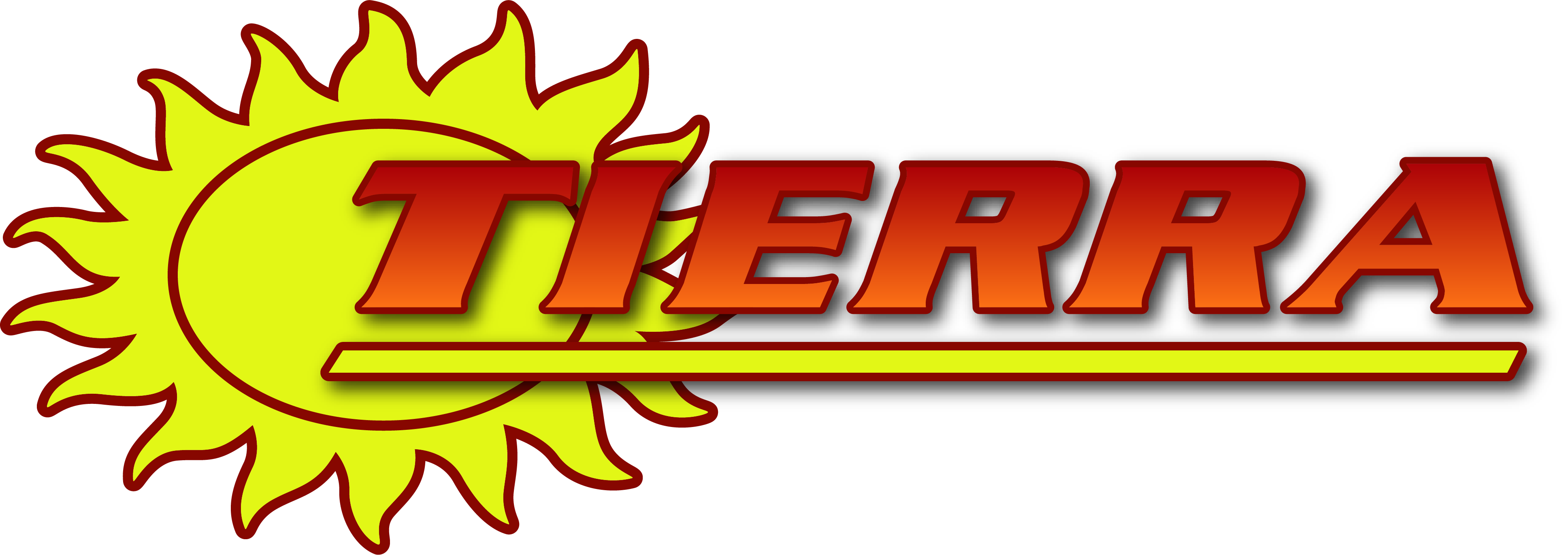Grease trap pumping
Professional Grease Trap Pumping Services - Tierra Environmental
Expert Grease Trap Pumping Services Throughout the Illinois Region
Tierra Environmental Services delivers professional grease trap pumping solutions for restaurants, commercial kitchens, and food service facilities throughout Illinois and surrounding areas. Our certified technicians specialize in complete waste removal from grease interceptor systems, eliminating accumulated fats, oils, and grease (FOG) that can cause system failures, regulatory violations, and operational disruptions. With over two decades of experience in commercial waste management, we provide reliable pumping services that keep your grease management systems functioning properly while maintaining full compliance with local health and environmental regulations.
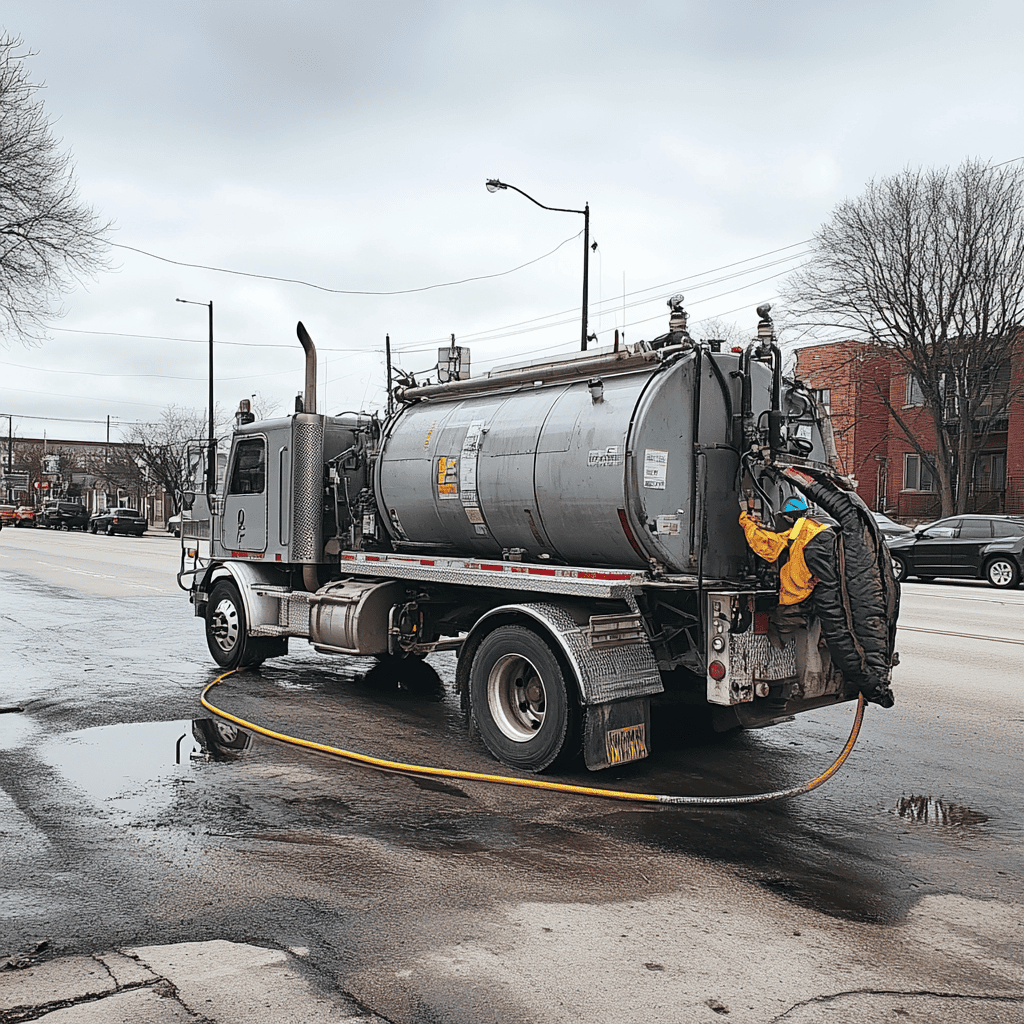
GOODTrustindex verifies that the original source of the review is Google. Whether you need car wash pits sucked out, grease traps cleaned and jetted or any other services provided by Tierra Environmental expect no less than excellent expert service every time. Need assistance in choosing the right equipment and crew? Ask for Ralph. Caught in a pinch where time is a factor? Raplh is your guy. You can always count on Ralph getting the job done no matter the challenge. Happy customer for 10+ yearsTrustindex verifies that the original source of the review is Google. I have used Tierra Environmental for many years to help us pump out catch basins, triple basins and storm drains. They have always been on time and done a great job. If you need any basins pumped out ask for Ralph. He will take good care of you.Trustindex verifies that the original source of the review is Google. Great company great service. Great employees I would recommend them to anybody looking for ServiceTrustindex verifies that the original source of the review is Google. Ralph at Tierra is always helpful, even in an emergency situation, he finds a way to get help to us. Excellent customer service, would highly recommend.Trustindex verifies that the original source of the review is Google. Great company to do business with. Very efficient and quick to respond. Good prices for their services. Will definitely use them again.Trustindex verifies that the original source of the review is Google. A great company to work with! We use them for vacuum, hydrojetting and camera services. Mainly after hours call outs. They are fast to respond to the call.Trustindex verifies that the original source of the review is Google. Emergency response- on several occasions my clients have needed jetted and pumped out to keep their carwash operating. Tierras emergency response is excellent.Trustindex verifies that the original source of the review is Google. What a great company to do business with! Their staff is very helpful and their rates are very reasonable.
Trust Tierra Environmental for All Your Cleaning Needs
Our dedicated team is ready to assist you with tailored solutions that meet your specific requirements. Reach out now for a consultation and let us help you maintain a clean, safe, and compliant facility!
Proven Expertise and Experience
Comprehensive and Versatile Services
Expansive Midwest Presence with National Capabilities
Don’t let neglect lead to costly repairs or compliance issues. Contact Tierra Environmental today to discuss your industrial cleaning needs and discover how our comprehensive services can enhance your operational efficiency and environmental compliance.
Send us a message
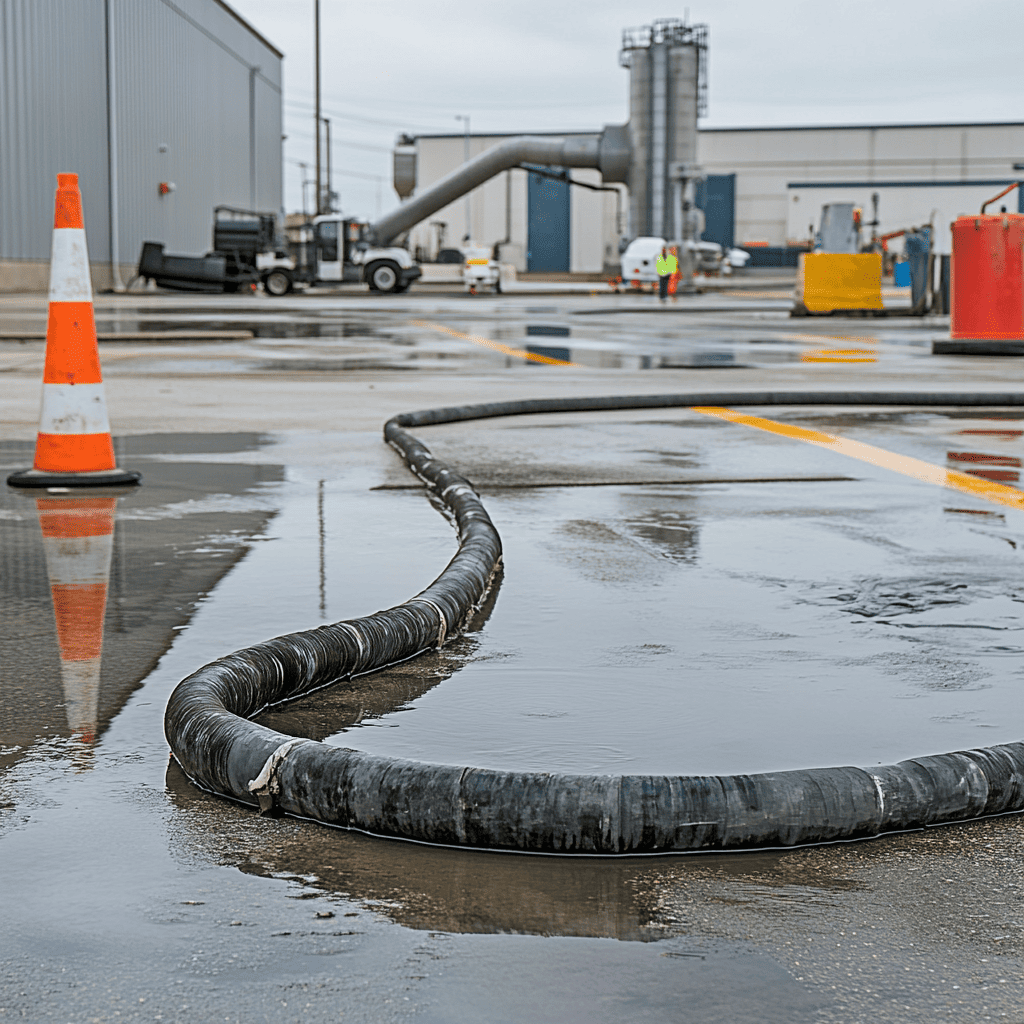
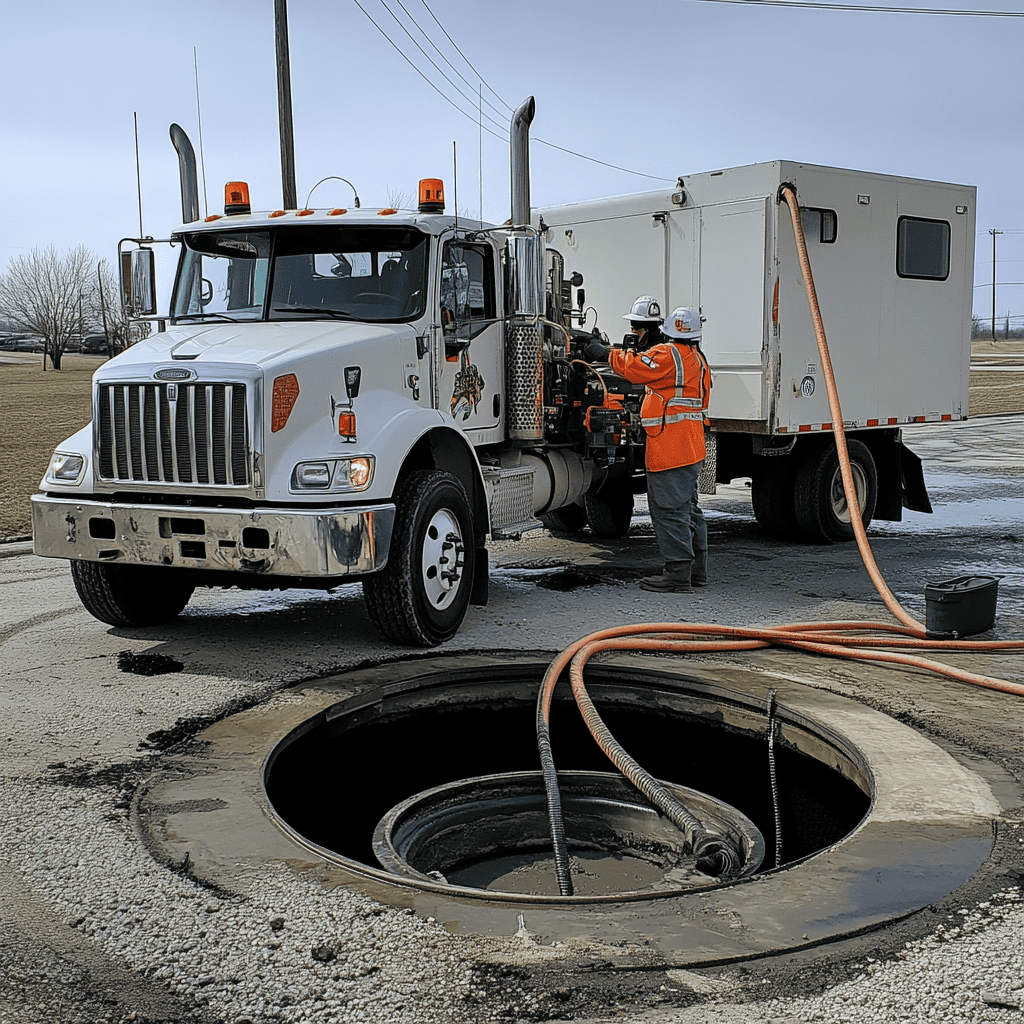
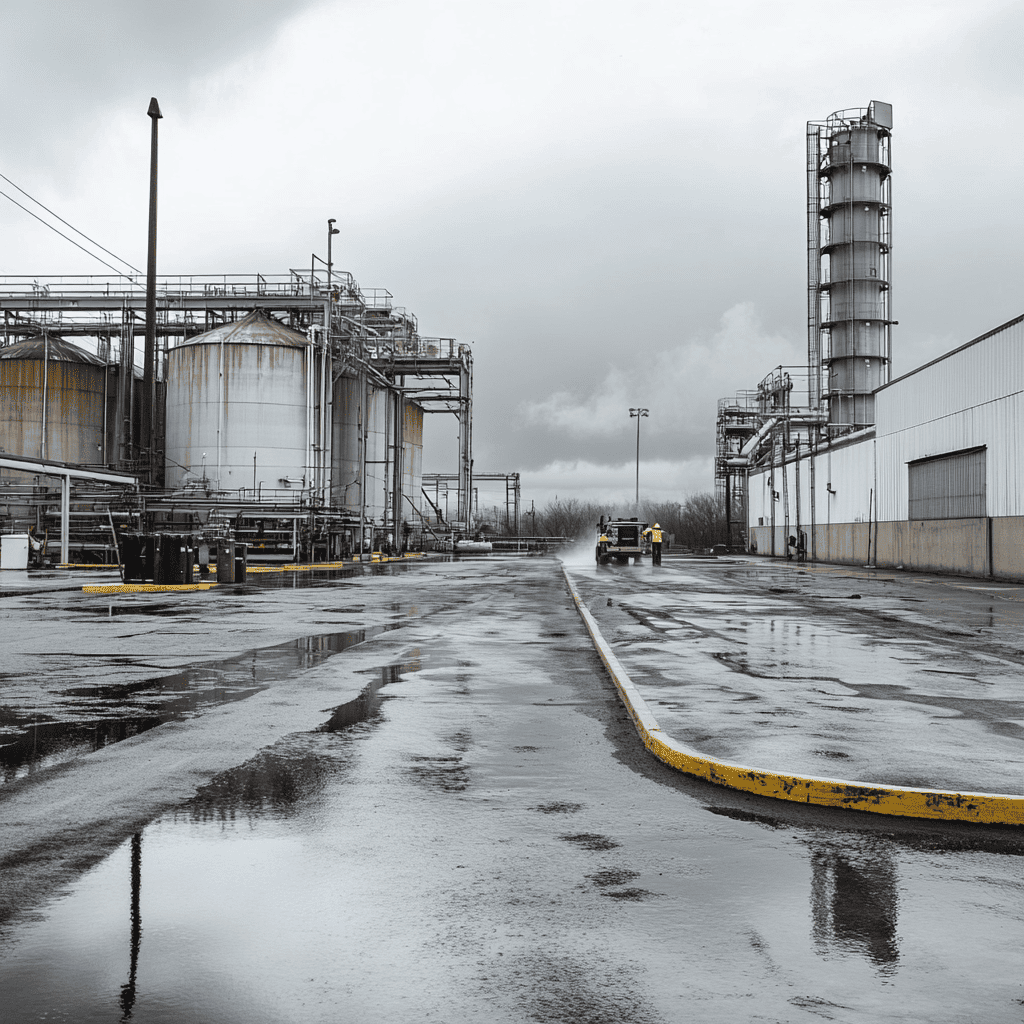
Why Regular Grease Trap Pumping Protects
Your Business Operations
Our Complete Grease Trap Pumping Services
Total Waste Extraction and System Emptying
Multi-Layer Waste Separation and Removal
High-Capacity Vacuum Truck Operations
Immediate System Assessment and Problem Identification
Regulatory Compliance Documentation
Trust Tierra Environmental for All Your Cleaning Needs
Understanding Grease Trap Pumping Frequency Requirements
Volume-Based Pumping Schedules
Seasonal Variations and Business Cycles
Kitchen Operations and Menu Impact
Professional Pumping Equipment and Waste Handling
Specialized Vacuum Truck Technology
Safe Waste Transportation and Disposal
Spill Prevention and Site Protection



Health Department and Environmental Compliance
Local Health Code Requirements
Municipal Discharge Regulations
Environmental Protection Standards
Emergency Pumping Services and Rapid Response
24/7 Emergency Availability
Overflow Prevention and Damage Control
Critical Inspection Response
Protect Your Operations, Contact Us Today
Preventive Maintenance and System Protection
Proactive Pumping Programs
System Monitoring and Performance Tracking
Integration with Cleaning Services
Cost Management and Service Value
Predictable Maintenance Costs
Insurance and Liability Protection
Regulatory Penalty Avoidance
Service Area Coverage and Response Capabilities
Primary Midwest Service Region
Extended Service Capabilities
Mobile Service Fleet
Why Choose Tierra Environmental for Grease Trap Pumping
Two Decades of Professional Experience
Since 2000, Tierra Environmental Services has provided reliable grease trap pumping services for commercial establishments throughout the Midwest. Our experience includes work with restaurants, food processing facilities, institutional kitchens, and municipal facilities, giving us the knowledge to handle diverse pumping requirements effectively. This experience helps us anticipate problems and provide solutions that keep systems operating efficiently.
Certified Technicians and Safety Standards
Our pumping technicians hold OSHA 10, OSHA 30, and HAZMAT certifications that demonstrate professional competency in waste handling and safety procedures. These certifications reflect our commitment to safe operations while meeting industry standards for professional service. Certified technicians provide reliable service while protecting your facility from liability associated with improper waste handling.
Comprehensive Waste Management Solutions
Beyond pumping services, we provide complete grease management solutions including cleaning, repairs, compliance support, and emergency response. This comprehensive approach allows businesses to work with a single provider for all grease trap maintenance needs while receiving coordinated services that maximize system performance and regulatory compliance.
Frequently Asked Questions About Grease Trap Pumping
How often should grease traps be pumped?
- High-volume operations: Monthly pumping is typically required.
- Medium-volume establishments: Every 6-8 weeks, maintains compliance.
- Lower-volume facilities: Quarterly pumping may be sufficient.
- Heavy grease generators: More frequent service needed.
- Regulatory requirements: Some jurisdictions mandate specific schedules
What's the difference between pumping and cleaning?
Pumping services:
- Sewer backups and property damage from overflowing traps
- Health code violations that can force immediate business closure
- Offensive odors from anaerobic bacterial growth
- Equipment damage from grease backups into kitchen systems
- Environmental violations with significant fines and penalties
- Insurance claim denials for inadequate maintenance
Cleaning services:
- Remove stubborn residues from trap walls and baffles
- Sanitize surfaces and eliminate odor-causing bacteria
- Address the buildup that pumping cannot remove
- Often performed in combination with pumping
Can pumping be delayed if the trap doesn't appear full?
- Waste continues accumulating, reducing the separation efficiency
- Anaerobic conditions develop, producing offensive odors
- Solids settle and harden, making future pumping more difficult
- Regulatory violations may occur even if the trap appears functional
- Emergency situations become more likely as capacity decreases
What happens to waste removed during pumping?
Waste processing:
- Transportation to permitted disposal facilities
- Separation of recyclable grease materials
- Treatment of contaminated water components
- Proper disposal of non-recyclable materials
Environmental benefits:
- Grease recycling into biodiesel and other products
- Prevention of sewer system contamination
- Protection of water treatment facilities
- Compliance with environmental regulations
Do you provide emergency pumping services?
Environmental benefits:
- Grease trap overflows and backups
- Failed health inspections requiring immediate correction
- System malfunctions are preventing normal operations
- Urgent compliance issues threatening business closure
How much does grease trap pumping cost?
Cost factors:
- Trap size and waste volume
- Service frequency and scheduling
- Location and accessibility
- Emergency vs. scheduled service
- Additional services required
Value considerations:
- Prevents expensive emergency repairs
- Maintains regulatory compliance
- Avoids business closure penalties
- Protects equipment investment
- Reduces insurance liability exposure
What safety measures are followed during pumping?
Safety procedures:
- OSHA-certified technicians with proper training
- Specialized safety equipment and protective gear
- Site containment and spill prevention measures
- Proper ventilation and gas monitoring
- Emergency response equipment on every vehicle
Site protection:
- Traffic control and work area barriers
- Containment systems for spill prevention
- Property protection during operations
- Coordination with facility management
- Cleanup procedures for any incidents
Can you coordinate pumping with other maintenance services?
Coordinated services:
- Pumping and cleaning schedule integration
- Repair and maintenance coordination
- Compliance reporting and documentation
- Emergency response across all services
- Single-source management for all grease trap needs
Do you service grease traps outside of Indiana?
Schedule Your Grease Trap Pumping Service Today
Call us now to establish a pumping schedule that fits your business needs and operational requirements. Let our professional team handle your grease trap maintenance so you can focus on serving customers and growing your business in the competitive food service industry.


